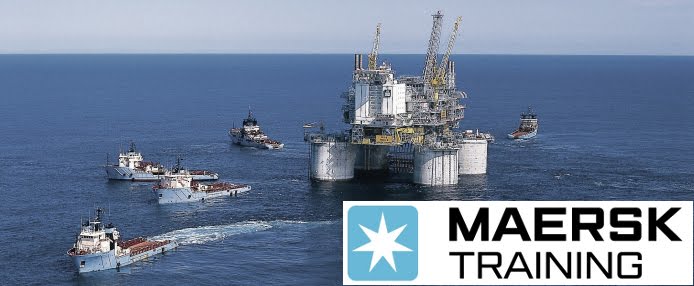------------
New condition for Sea Time Reduction from 1st January 2013
The DPTEG meeting of 7th June 2011, determined
that the allowable Sea Time Reduction
course should be reduced from 2 weeks (12
weeks sea time equivalent overall) to 1 week (6
weeks sea time equivalent overall).
In order to allow centres that run Sea Time
Reduction courses to prepare themselves and
their booking system, the Nautical Institute
is instigating this requirement from 1st of January
2013.
Intensive simulator training DP time
reduction
1 week (Sea time reduction course)
|
6 weeks sea time equivalent overall
|
For students who commenced their Sea Time
Reduction training before January 2013 and
have more than one entry for this course
(more than 6 weeks) in their DP logbook before
January 2013, the entries will still be
acceptable by the Nautical Institute, based in the old
criteria.
However, those students who have more than
one entry for sea time reduction prior to 2013
and obtain further entries for the sea time
reduction course in 2013, the 2013 entry or any
subsequent ones will not be considered by the
Nautical Institute if the total sea time reduction
exceeds 6 weeks.------------
Maersk Training Brasil will be providing the 1-week DP Sea Time Reduction course next year. Our first such course will be from 13 May 2013 to 17 May 2013. The detailed course description will be up on our website soon; get it early by signing up for our newsletter (see the signup form on the right) and by following our Facebook and LinkedIn pages!



